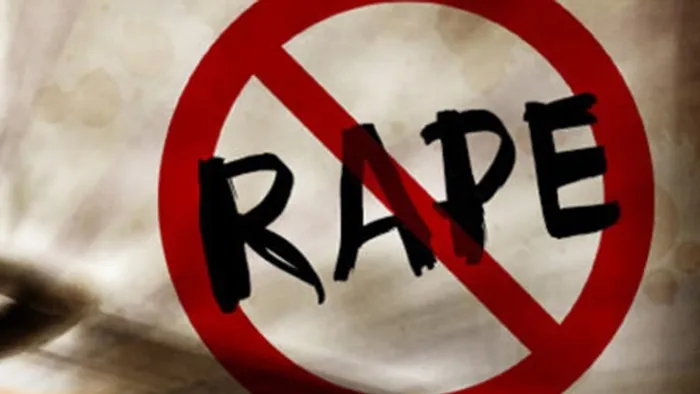
The Constitutional Court of South Africa is set to hear a groundbreaking case that could transform the legal understanding of rape.
Image: File picture
The Constitutional Court will on Thursday hear a case that could reshape South Africa’s definition of rape, with women’s rights activists arguing that the current legal standard makes convictions nearly impossible in many cases.
Le-Anne Germanos Manuel, director and co-founder of the Embrace Project, said the present system, which relies on the accused’s subjective belief that consent was given, undermines rape survivors’ rights.
“In our opinion, probably the highest or the most problematic barrier to achieving a rape conviction currently in our courts is the definition and understanding around both the elements of intent and consent in rape and sexual offences like it,” she said.
The case, The Embrace Project NPC and Others v Minister of Justice and Correctional Services and Others, was launched by the Embrace Project, a non-profit fighting gender-based violence, together with rape survivor Inge Holzträger.
They are challenging provisions in the Sexual Offences Act that allow accused persons to rely on a subjective belief in consent, even if that belief was unreasonable.
The High Court in Pretoria, in a judgment by Justice Selby Baqwa in September 2024, declared the provisions unconstitutional and ordered that they be read in to require that the accused took “objectively reasonable steps” to establish consent.
The court said this condition should be included until Parliament amends the law.
The Constitutional Court will now decide whether to confirm the high court's ruling. If it does, Parliament will be required to take steps to amend the law.
Manuel said conviction rates reveal the gravity of the problem.
“SAPS reports about 40,000 cases of rape having been lodged with them annually. If you take that stat versus the number of rape convictions in the country, we’re sitting at less than 1% of the number of rape cases reported to SAPS,” she said.
She disputed the National Prosecuting Authority’s statistics. “The NPA claims to have an 80-something percent conviction rate for rape. But the problem is they are comparing that stat to the number of cases that they actually take to court, which is probably 3,000 or less.”
According to Manuel, the current legal framework makes it especially difficult to prove intent when the accused claims to have believed consent was present.
“The way that it currently plays out in our courts is if, as a victim or a survivor of a sexual offence, you don’t outwardly resist an attack on you, the court will, in most cases, not be able to find that there was intent on the part of the accused, particularly in cases of intimate partner violence.”
Manuel said adopting an objective test would be a turning point.
“It puts an onus finally on an accused person not to sit back and say, actually, I’m in a better position without having to check whether or not consent is given,” she said.
“And the third thing is that we will finally in this country start having a discussion on what it means to give sexual consent, which will be, I think, a key turning point.”
Related Topics: